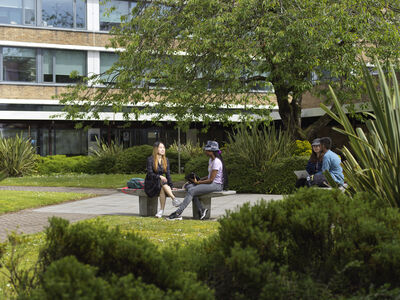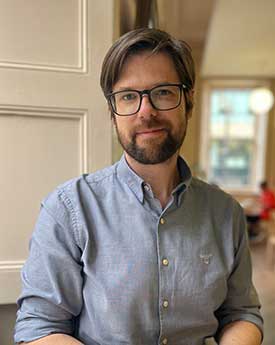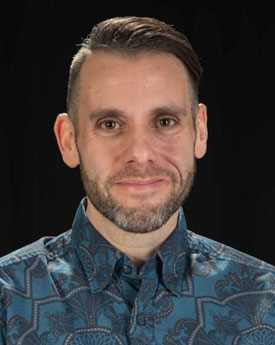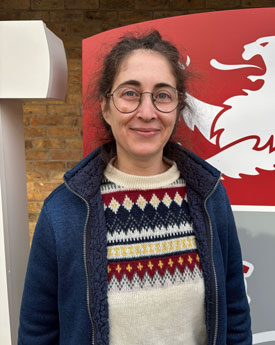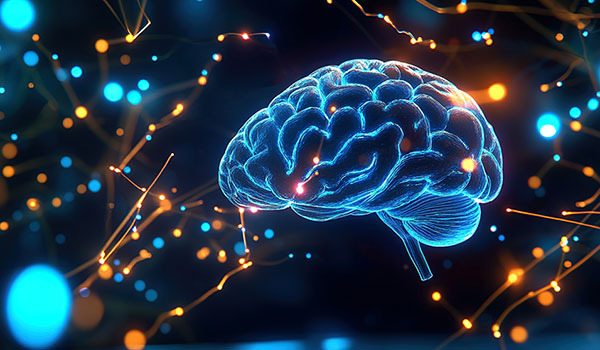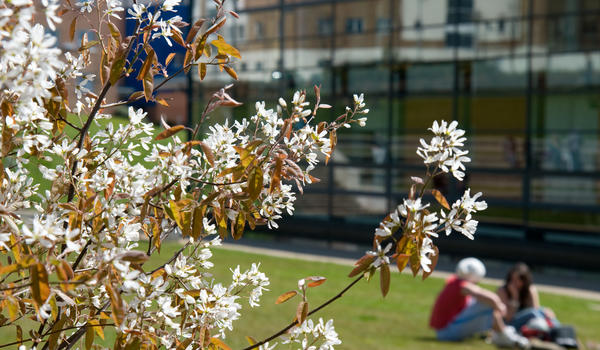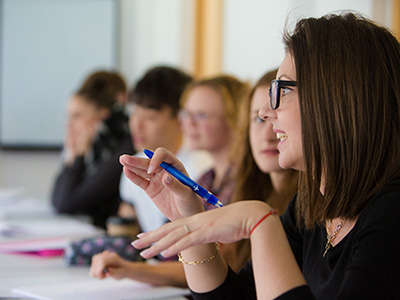Our research is united by a commitment to empirical rigour, theoretical innovation, and societal relevance—informing language education, public policy, and scientific understanding of the multilingual mind.
About us
The Multilingualism and Cognition Research Group at Lancaster University is an interdisciplinary hub dedicated to understanding how individuals learn, use, and process multiple languages - and how these experiences shape the mind and brain. Our work spans linguistics, cognitive science, neuroscience and education, and brings together researchers working on the cognitive, linguistic, and neural dimensions of multilingualism across the lifespan.
We welcome academic visitors, collaborators and prospective students who are interested in the study of multilingualism and cognition. Whether you’re exploring research partnerships, postgraduate study or a short-term visit, we invite you to get in touch at multilingualism@lancaster.ac.uk.



